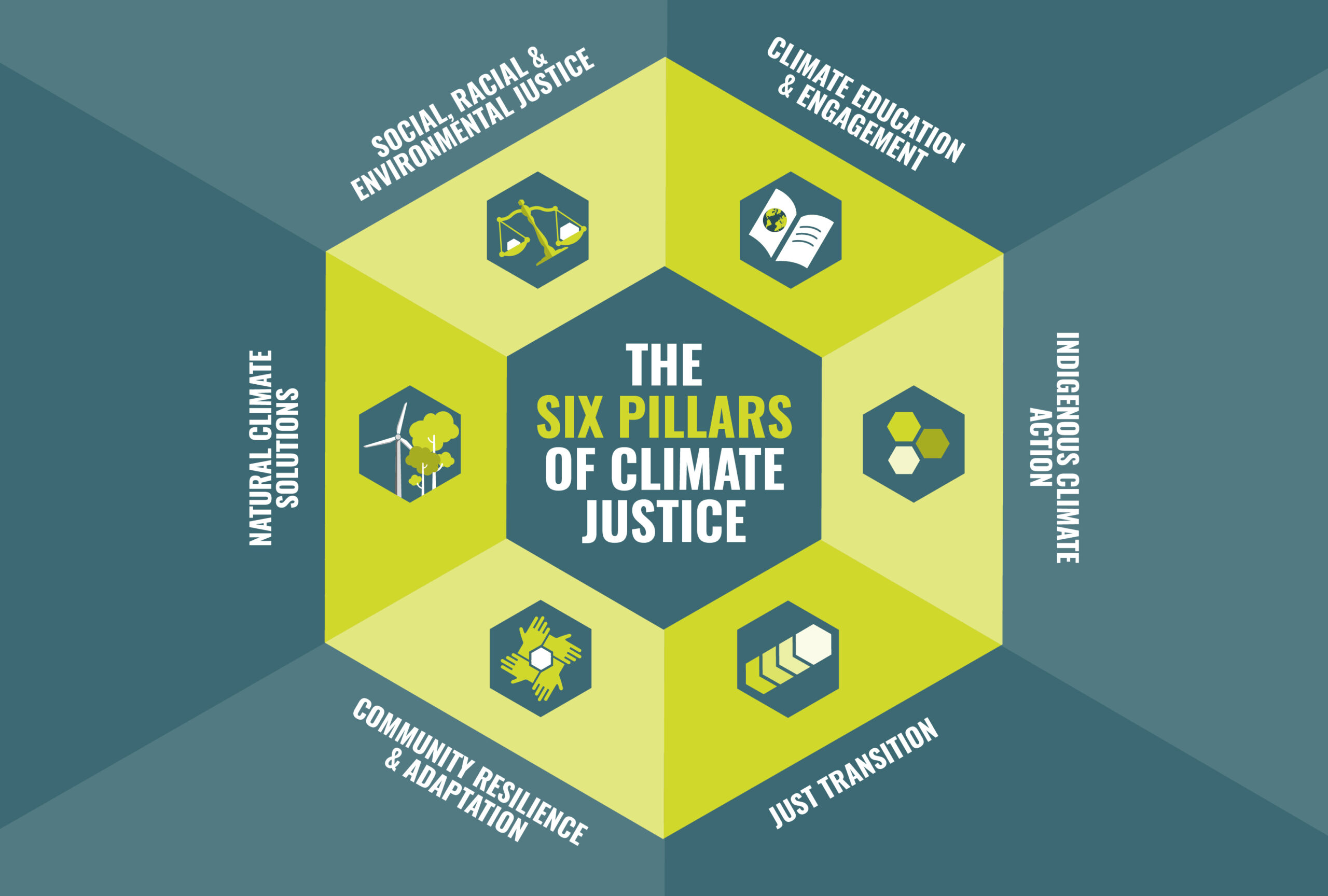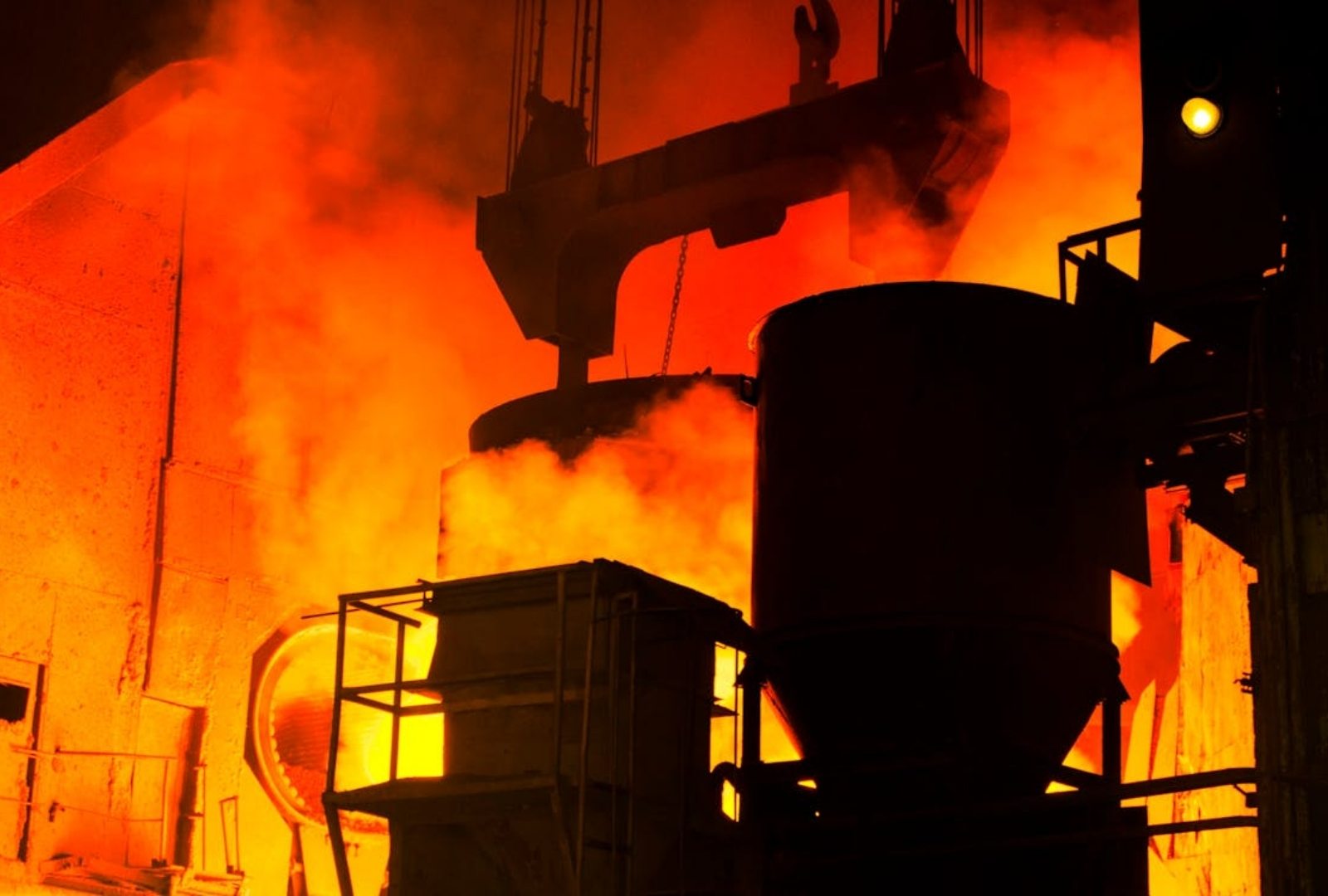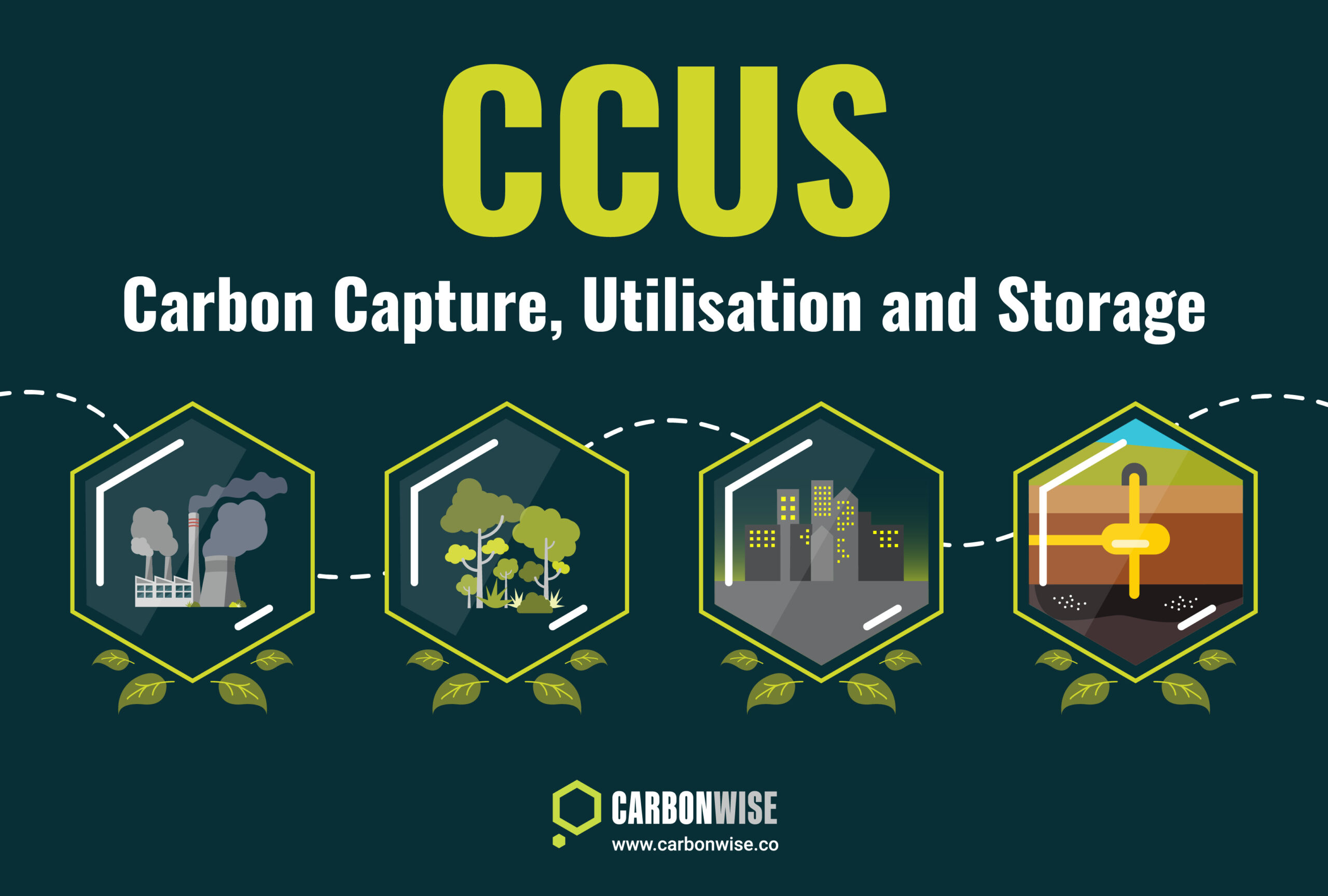Climate change is one of the greatest global challenges of our time. Its shockwaves are felt worldwide, and not just from an environmental point of view. Climate justice is an important concept in the fight against climate change.
It recognises the unequal distribution of benefits and burdens resulting from climate change. Despite having contributed less to climate change, vulnerable communities often bear the brunt of its negative impacts.
Inequalities
By understanding climate change from a social and economic perspective, we realise the urgent need for action. Recognising the social and economic conditions that affect a community’s ability to respond to climate change encourages a global approach to tackling the issue. It emphasises the impact on marginalised communities and how these inequalities will worsen if not addressed promptly.
The United Nations has frequently referred to climate change being a problem for humankind. Understanding individual responsibility based on social and economic conditions is essential. Assessing a community’s ability to respond to climate change will encourage a far more global approach to tackling it. With worrying predictions stating that in the next decade we will send, “an additional 100 million people into extreme poverty. In addition, by 2050, the International Food Policy Research Institute estimates a 20% increase in malnourished children compared to what we would see without climate change.”1 It is no surprise that there are far more young people than ever getting involved in the quest for climate justice.
Human Rights
Climate change also has significant implications for human rights. As a result of climate change, many vulnerable populations have found themselves displaced due to rising sea levels and natural disasters causing severe damage to their homes and forcing people to move. The UN Refuge Agency has reported: ‘Hazards resulting from the increasing intensity and frequency of extreme weather events, such as abnormally heavy rainfall, prolonged droughts, desertification, environmental degradation, or sea-level rise and cyclones are already causing an average of more than 20 million people to leave their homes and move to other areas in their countries each year.’2 Health challenges such as malnutrition, sanitisation, and access to clean water have all worsened and the support provided has been seen as inadequate.
Society’s response to climate change has also had serious consequences. Communities have found themselves forced to move due to conservation or renewable projects taking over the land. There have also been issues with land rights and job loss when workplaces have been claimed or shut down to make way for environmentally cleaner alternatives. Industrial development and intensive agriculture have also added to already difficult living conditions for many.
Working towards climate justice
The effects of climate change are never going to be fair or controlled. It doesn’t select who is impacted based on their contribution to the issue, nor does it understand that many will lack the resources to rebuild and repair. The response to climate change, however, is something we can control.
Building a platform that responds to those directly affected by climate change will give a voice to those communities. This change will allow for new employment to be offered, avoid moving communities from their land, provide resources when needed and support communities who have suffered from natural disasters, famine, and rising temperatures impacting their welfare.
There are many individuals and organisations who push for climate justice. Youth-led movements like Fridays for Future, headed by climate activist Greta Thunberg, are demanding urgent action from governments and institutions to share climate budgets fairly across the world to make sure that policies succeed.
Environmental justice organisations, worldwide, try for the same goal – to ensure no community is disproportionately affected by the impacts of climate change. The movement is also backed by several political leaders who are pushing for climate justice in international forums. It is clear there is a lot more that can be done, and policymakers need to consider the potential long-term impact that a response to climate change can have.
International development, aiming to improve the well-being of those living in poverty, is also connected to climate justice as both are impacted by economic exclusion, growing poverty and inequality. The main aim is to help build strong, self-sufficient communities that can sustain long-term development. Healthcare, sanitation and clean water are all areas that can support those affected and build climate resilience.
Climate justice should be central when addressing climate change. It will ensure that climate action is effective, sustainable and fair. By creating an inclusive and collaborative approach to the decision-making process, it will strengthen public support and reduce resistance to climate action. Moreover, follow-through on commitments by wealthy countries to provide climate aid to developing countries can act as a catalyst to those countries committing to more ambitious climate action themselves.
Climate solutions must benefit all members of society, otherwise, it is not a solution at all.








